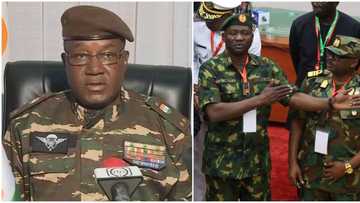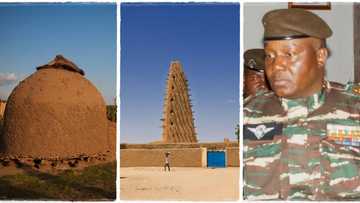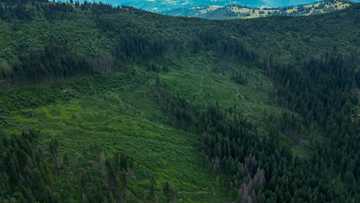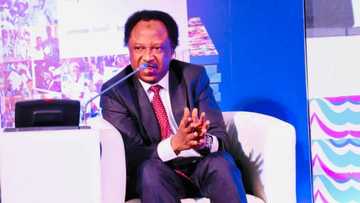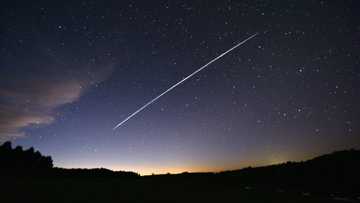Geopolitical zones in Nigeria and their states: detailed 2024 update
The Federal Republic of Nigeria is divided into six regions, commonly referred to as geopolitical zones. These administrative regions were created during General Sani Abacha's regime. The six geopolitical zones and their states form the basis for the distribution of economic, educational, and political resources among Nigerians. Sati Umaru Fwatshak, a Professor of History at the University of Jos, provides insights into how Nigeria's geopolitical zones impact the distribution of power and governance structures at federal and regional levels.
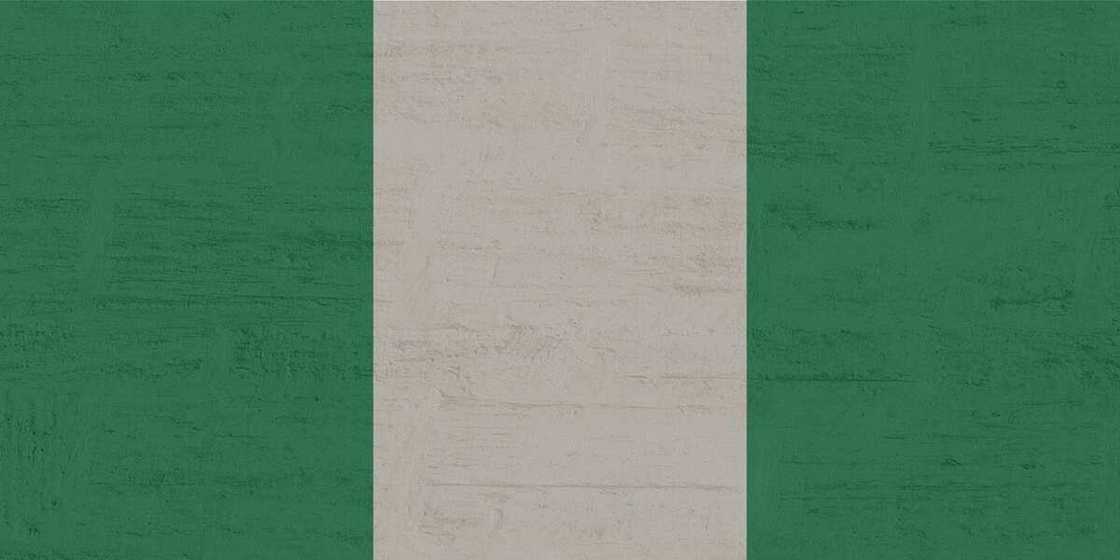
Source: UGC
TABLE OF CONTENTS
- How many geopolitical zones are in Nigeria?
- Nigeria's geopolitical zones and its influence on political representation
- How many states are in Nigeria?
- How many geopolitical zones are there in Nigeria?
- Which geopolitical zone has the highest number of states?
- Which geopolitical zone has the least number of states?
- Which geopolitical zone is the largest?
- What is the smallest geopolitical zone?
- Which zone has the highest population?
Nigeria's states are spread across six geopolitical zones, with some having more states than others. Additionally, the regions have varying economic, political, strategic, and governance structures.
How many geopolitical zones are in Nigeria?
There are six geopolitical zones in Nigeria. These zones were created for administrative purposes and to foster equitable development nationwide. Each geopolitical zone has several states and unique characteristics, and cultural diversity. Here is a look at the six geopolitical zones in Nigeria and their states.
1. North-East
The North-East region is among the largest geopolitical zones in Nigeria in terms of physical size and population. The region covers nearly a third of the entire Nigerian landmass. This zone has two major ecological regions, the tropical savanna in the west and the semi-desert ecological region in the east.
Population-wise, the North-East region has about 26 million people, about 12% of the Nigerian population. The region's most populous cities are Bauchi and Maiduguri.
Here is a look at the North East states in Nigeria.
- Adamawa
- Bauchi
- Borno
- Gombe
- Taraba
- Yobe
2. North-West
The North-West region, as its name suggests, is located in northwest Nigeria. It is among Nigeria's largest geographical zones and primarily comprised of the savanna ecological region. Much of the region is the indigenous homeland of the Hausa people who make up the largest ethnic group in northwest Nigeria.
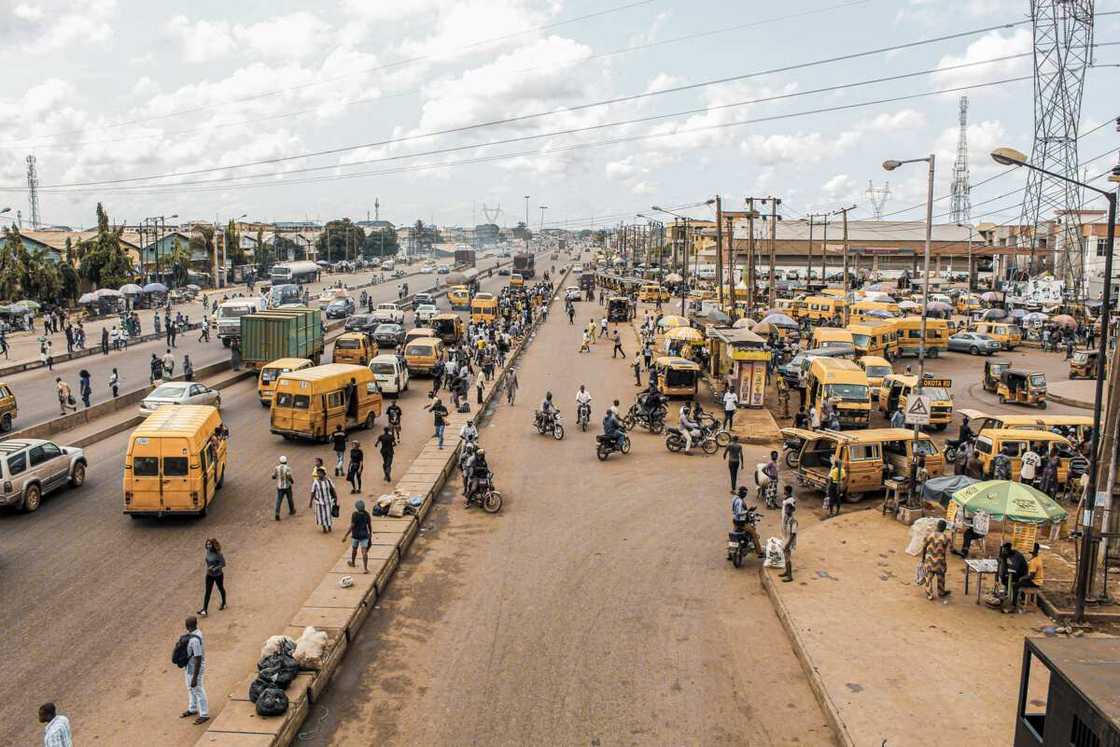
Source: UGC
Economy-wise, the North-West zone is home to Kano City, which is a major contributor to Nigeria's economy. Most of the region's rural areas lag in terms of resource allocation, literacy levels, and security. States in North West Nigeria include:
- Zamfara
- Sokoto
- Kebbi
- Katsina
- Kano
- Kaduna
- Jigawa
3. North-Central (Middle Belt)
The Middle Belt Zone is home to Nigeria's Federal Capital Territory. This zone stretches across the country's width, from its border with Benin to where it borders Cameroon. The region's primary ecological zone is the Guinean forest-savanna mosaic, with a small western portion falling in the savanna ecoregion.
This zone is home to about 20 million people, comprising around 11% of the country's population. Abuja, the country's capital, is the largest city in this zone. The populous cities of Jos and Ilorin are also part of the Middle Belt. Here are the North Central states in Nigeria.
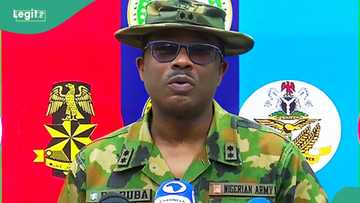
Read also
Insecurity: Concerns as Defence HQ uncovers fresh activities of foreign terrorists, details emerge
- Plateau
- Niger
- Nasarawa
- Kwara
- Kogi
- Federal Capital Territory
- Benue
4. South-East
The South-East region is bounded by the Cross River to the east, the flat North Central to the north, the riverine Niger Delta to the south, and the river Niger to the west. The main ecological regions include the forest-savanna mosaic in the north and the tropical forest to the south.
Culturally, the South-East region falls within the indigenous homeland of the Igbo people, often known as Igboland. The Igbo people comprise the largest ethnic group in southeast Nigeria, accounting for close to 90% of the region's population.
While this region is the smallest in terms of landmass, it is among the largest contributors to the country's economy. The region has vast natural gas and oil reserves and a remarkably industrialised economy.
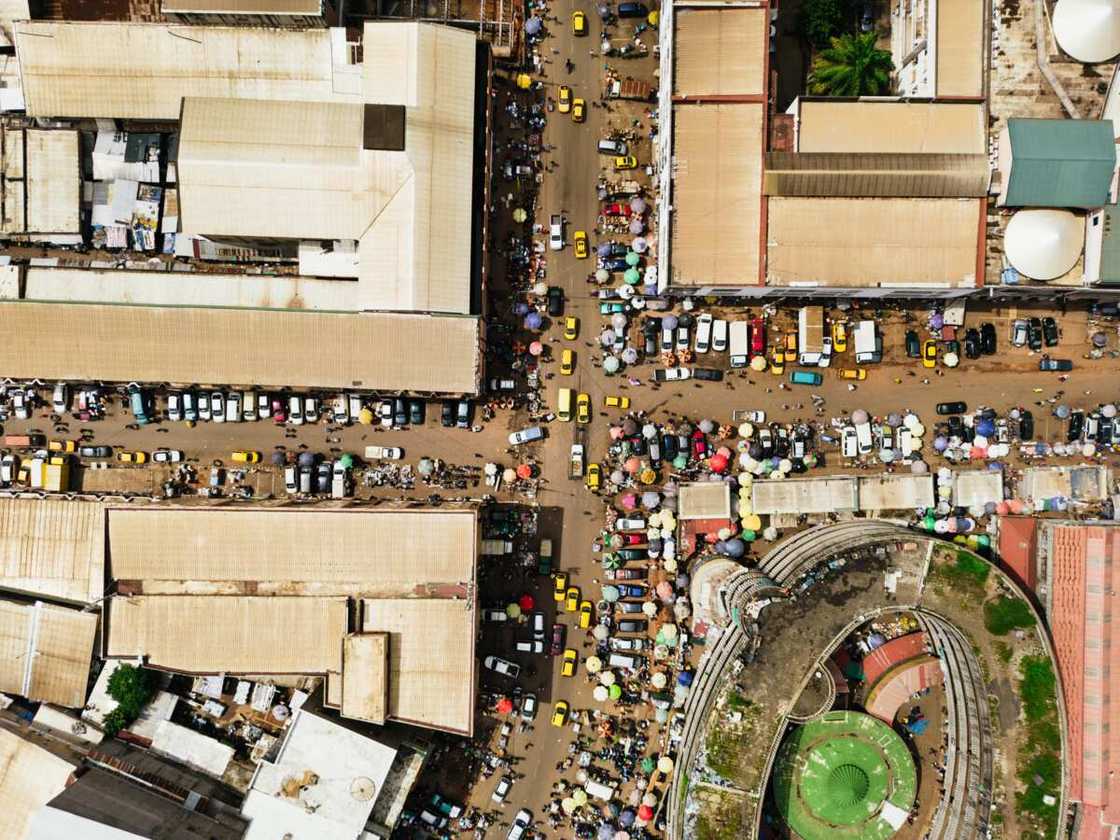
Source: UGC
The South-East region is home to 22 million people, roughly 10% of the country's population. The two most populated cities in this region are Enugu and Aba, other significant ones being Owerri, Umuahia, Onitsha, and Nnewi.
The region has five states. Here is a quick look.
- Imo
- Enugu
- Ebonyi
- Anambra
- Abia
5. South-South (Niger Delta)
The Niger Delta region stretches across the Atlantic seaboard from the Bight of Bonny coast in the east to the Bight of Benin coast in the west. Geographically, this region occupies a mere 5% of the country's landmass.
The Niger Delta is home to some of Nigeria's largest oil and natural gas deposits. The zone has a population of 26 million, accounting for about 12% of the country's population.
The Greater Port Harcourt is the region's largest metropolitan area, with other significant ones being Ikom Warri, Sapele, Ikot, and Ughelli. Here are the states in this region.
- Rivers
- Edo
- Delta
- Cross River
- Bayelsa
- Akwa Ibom
6. South-West
The South-West region stretches along the Atlantic seaboard from the Niger Delta Zone in the east to the border with the Benin Republic in the west. The main ecological regions in this zone include the mangrove forests in the east and the south and the forest savanna in the northwest.
Culturally, much of the South-West region falls in the indigenous Yorubaland. The Yoruba people are the largest ethnic group in the country's southwest. The region is home to the incredibly populous cities of Ibadan and Lagos, making it one of the busiest zones in terms of economic activity.
The South-West Zone is the second most populous of all Nigeria's geopolitical zones. It is home to 47 million people, accounting for nearly 22% of the country's population. The Lagos Metropolitan Area found in this zone is the world's eighth-largest metropolitan area, with about 21 million people. Here are the states in this region.
- Ekiti
- Lagos
- Ogun
- Ondo
- Osun
- Oyo
Nigeria's geopolitical zones and its influence on political representation
Sati Umaru Fwatshak, a Professor of History at the University of Jos., shares insightful perspectives on the evolution of Nigeria's geopolitical zones and their role in shaping governance structures over the years. He said:
There's been a transition in the last few years regarding political representation. The geopolitical arrangement came with the Abacha constitution that never saw the light of day.
Abacha said let's have six geopolitical zones named after the North and South and their divisions. So these geopolitical zones represent some fairly cultural, homogeneous groups, not exactly, but some idea that something is binding members of the same geopolitical zone together.
So when Abacha died and the Peoples Democratic Party (PDP) came to power, it seemed to have implemented this aspect of the Abacha constitution in several respects. Principally, the PDP insisted through its zoning system that each geopolitical zone must have a key political office in Nigeria's governance. So you had President Obasanjo (from the Southwest), and he picked Atiku from the North- East as his vice president; the Senate President went to the Southeast, the Deputy Senate President came to the North-Central, the Speaker of the House of Representatives went to the Southwest, and the deputy speaker to the South-South or so on.
The PDP realized that this kind of thing was very good for the country's stabilization, but when the All Progressive Congress (APC), led by Buhari, first came to power, they tried to destroy that tradition completely. So you had the president from the Northwest, the vice president from the Southwest, and the president of the Senate, initially Bukola Saraki from the North-Central (but you know what happened. This was not the original plan, which did not put North-Central in the calculation). The Southeast had no key position. All Service Chiefs at a point were from the North.
But when they returned in 2019, everything went haywire, and the geopolitical arrangement regarding power-sharing by geopolitical zones in the country collapsed. And, of course, for some of us, the thing is that where ethnic majorities control the country, they control the press, they control the outcome of elections, having the voting numbers, so they do whatever they want. And Buhari got away with it.
In APC's second coming, led by Tinubu, I think they are trying to somehow correct that. And so you have some fair return to the geopolitical arrangement, with each geopolitical zone having at least one key political office. I hope that this is sustained and sustainable because it's about identity, it's about inclusion, it's about taking people along, it's about people feeling that they're also important, regardless of the number of votes they have, but they are part of the Nigerian society, and so they have to be represented.
So when key appointments respect that distribution, it's very good for the country. Unfortunately, when people hold such positions, they don't seem to think they are representing these geopolitical zones; they represent themselves; that's unfortunate. So I hope that one day, people will realize that they are presenting specific political constituencies to bring inclusion and not represent themselves and escape poverty as individuals.
How many states are in Nigeria?
Nigeria is comprised of 36 states and the Federal Capital Territory (FCT), Abuja. These states are the primary administrative units of the country, each with its own government and governance structure. Below is a map of Nigeria showing the states.
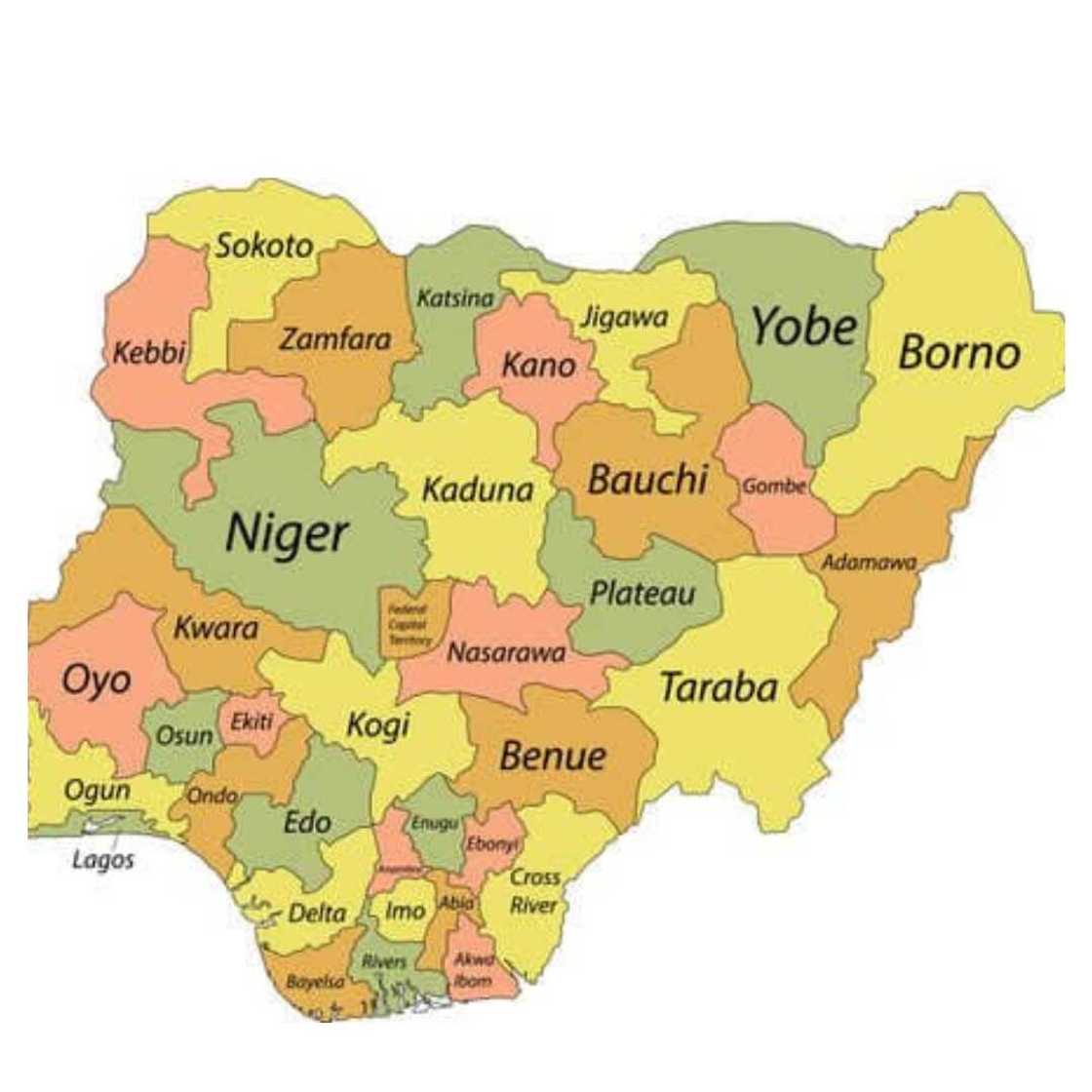
Source: Facebook
What is the meaning of a geopolitical zone?
This is a federally recognised region in Nigeria, consisting of multiple states. Each zone represents a cluster of states with similarities in culture, demographics, and historical heritage.
How many geopolitical zones are there in Nigeria?
Nigeria is divided into six geopolitical zones. They include North-West, North-East, North-Central, South-West, South-East and South-South.
Which geopolitical zone has the highest number of states?
The regions of North-West and North-Central have the greatest number of states, with each region comprising seven states.
Which geopolitical zone has the least number of states?
The South-East zone comprises the fewest states, totaling five. These states are Imo, Enugu, Ebonyi, Anambra, and Abia.
Which geopolitical zone is the largest?
The North-East is the nation's largest geopolitical zone, encompassing approximately one-third of Nigeria's total land area.
What is the smallest geopolitical zone?
The South-East geopolitical zone is the smallest. Geographically, it covers the smallest land area compared to the other five zones in the country.
Which zone has the highest population?
The North-West is one of the country's most populous areas. The region has a population of over 49 million people, accounting for approximately 23% of the country's entire population.
How many geopolitical zones are in Nigeria? There are six geopolitical zones in Nigeria. These zones serve an essential purpose in ensuring the equitable distribution of resources among the country's populace. These zones vary in size, population, economic activity, and ecoregions.
Legit.ng recently published an article about the Nigeria Civil Defence, one of the numerous paramilitary, military, and police agencies in Nigeria. These bodies serve various functions, all related to safety, law enforcement and order in one way or another.
Commonly abbreviated as NSCDC, this federal security agency was created to help mitigate any threats and forms of attack against Nigeria and its populace. What is the civil defence salary structure today?
Source: Legit.ng

Jackline Wangare (Lifestyle writer) Jackline Simwa is a content writer at Legit.ng, where she has worked since mid-2021. She tackles diverse topics, including finance, entertainment, sports, and lifestyle. Previously, she worked at The Campanile by Kenyatta University. She has more than five years in writing. Jackline graduated with a Bachelor’s degree in Economics (2019) and a Diploma in Marketing (2015) from Kenyatta University. In 2023, Jackline finished the AFP course on Digital Investigation Techniques and Google News Initiative course in 2024. Email: simwajackie2022@gmail.com.

Adrianna Simwa (Lifestyle writer) Adrianna Simwa is a content writer at Legit.ng where she has worked since mid-2022. She has written for many periodicals on a variety of subjects, including news, celebrities, and lifestyle, for more than three years. She has worked for The Hoth, The Standard Group and Triple P Media. Adrianna graduated from Nairobi University with a Bachelor of Fine Arts (BFA) in 2020. In 2023, Simwa finished the AFP course on Digital Investigation Techniques. You can reach her through her email: adriannasimwa@gmail.com




